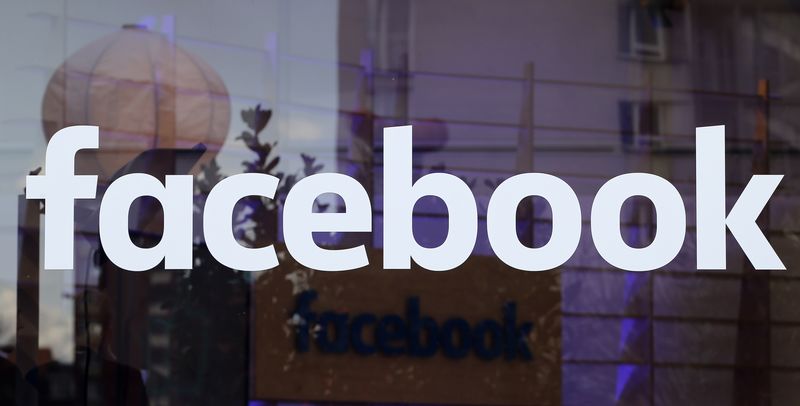Meta to Build a $10 Billion Submarine Cable for Global Internet Traffic - TechCrunch
According to TechCrunch, tech giant Meta Platforms Inc (NASDAQ:META), the company behind Facebook, Instagram, and WhatsApp, is embarking on an ambitious project to build a fiber-optic undersea cable that will span the globe. With an investment expected to exceed $10 billion and stretching over 40,000 kilometers, this initiative represents a significant step for the company to gain control over its internet infrastructure.
The project is currently in the planning phase, and there are no physical assets established yet. The company plans to announce more details about the cable, including its route, capacity, and rationale, in early 2025. However, due to the limited number of companies capable of building such infrastructure and the high demand for its services, it will take years for the cable to become fully operational.
Meta's cable will form a "W" shape, connecting from the U.S. East Coast to South Africa, then to India, and finally from India to the U.S. West Coast via Australia. This route is designed to avoid areas with geopolitical tensions and to ensure reliable connectivity for the massive amount of traffic generated by Meta's platforms, which constitute a significant portion of global internet usage.
The project is led by Santosh Janardhan, Meta's global infrastructure head and co-head of engineering, who is overseeing it from the company's South Africa operations. The decision to build and own an undersea cable marks a significant departure from the industry norm, where telecommunications operators typically invest collectively in such infrastructure.
Currently, Meta holds partial ownership of 16 networks, including the 2Africa cable. However, this new initiative will be the company's first fully-owned undersea cable, positioning it similarly to Google, which is the sole owner of several regional routes.
Meta's investment in undersea cables not only supports its private capacity needs but also aligns with its economic interests, as the company seeks to generate more revenue outside of North America. Furthermore, owning the cable could boost the economies of the regions it connects.
While Meta has not commented specifically on whether the undersea cable will support artificial intelligence initiatives, it has been highlighted as a significant launch point due to India’s growing user base and potential for data center expansion, especially in the AI field.
Although the timeline and other details of the project remain uncertain, the implications of Meta's decision to build its own undersea cable are clear: the tech giant aims to establish greater control over the infrastructure that underpins the diverse range of services it offers to its global user base.


